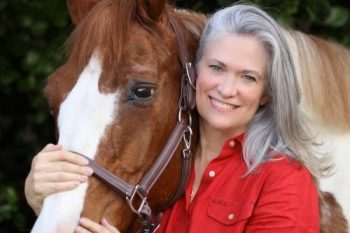For A.J. Bingham (’04) of Austin, Texas, every workday brings something different and often unexpected. After receiving a degree from Washburn University School of Law, he has found his niche as a legislative lobbyist.
Tell us about your job – what does a lobbyist do? And how did your career path take you in that direction?
I am a legislative aide and registered lobbyist with McWilliams Governmental Affairs Consultants in Austin, Texas. My core focus is energy related legislation including renewables, clean coal/carbon capture, and natural gas. Our job at McWilliams is to communicate and advocate, ethically, but as strongly as possible, the interests of our clients at the Texas Legislature, state agencies, and other public entities. We also assist clients in business development, thereby promoting their capabilities to state entities and consulting on contract procurement.
As this is my first career, I would say law school led me this direction. Through networking during my third year I met several lobbyists in Austin and getting a clearer insight about the profession thought, “I could be really good at this.”
What are the job’s challenges and rewards?
The job can be extremely demanding at times. People generally see us at various events or lunches or dinners, but they don’t see the 18-to-24 hour days we can spend drafting bills, amendments, coordinating meetings, “putting out fires,” etc. The core challenge is drafting and implementing strategies and then navigating them through a diverse body of individuals and interests. The reward is achieving the goal at hand after all of our hard work.
Do you have political aspirations?
I currently do not. I am interested in the campaign process, particularly fundraising.
Did you actually consider a career in modeling?
I would consider it as I have law school loans to pay … Though I’d probably do better representing a modeling agency than having one represent me.
You describe Wake Forest as a “brochure” campus. What qualities told you this was the school for you?
Beyond its academic reputation, Wake appealed to me because of the smaller classes and suburban setting. Coming from Austin and having hung around the University of Texas in high school, I knew a large school experience was not what I wanted. Also I appreciated not having to declare a major my freshman year. What I meant in describing Wake as a “brochure” campus was that it looked exactly as pictured in materials I had received prior to visiting — beautiful.Describe your experience here: memorable classes, mentors, moments you’ll never forget … etc.
Wake provided a very well-rounded university experience. A course that will always stand out is my first-year seminar by Professor Beth Hopkins on Race, Ethnicity, and Law. It was my first exposure to legal writing and analysis and the term “active voice” (which I still have not mastered). The post-exams week in Myrtle Beach before I graduated was also particularly memorable.
How did Wake Forest prepare you for being a lobbyist?
Attending Wake and leaving Austin forced me to break out of my teen-age comfort zone which, though it was 10 years ago, I clearly remember as not being the easiest thing to do. That significantly contributed to my formative development, especially concerning taking risks for the sake of personal and professional growth.


